Modern Foreign Languages
'To learn a language is to have one more window from which to look at the world'
At Little Waltham C.E.V.A Primary School, we want all children to leave us at the end of Key Stage 2 with a solid foundation of linguistic skills which can be applied at secondary school and beyond as well as a love of language learning and a development of cultural knowledge.
Intent
At Little Waltham we believe that learning a language deepens connection to different cultures and opens doors for pupils to work towards their potential. We believe that many children really enjoy learning to speak another language. Learning a foreign language helps pupils to extend their communication skills and enhances self-esteem. When our children leave Little Waltham at the end of Key Stage 2 we aim to have instilled a love of language learning in all of our children and provide them with a good skill set to continue their language learning at Key Stage 3 and beyond.
Implementation
For French at Little Waltham, we use the ‘Rigolo’ scheme of work. This helps us to ensure that children are immersed in the target language and have the opportunity to practice their speaking, listening, reading and writing skills. We are committed to early language learning and believe that the earlier a child is exposed to a foreign language, the faster and more effectively the language in question is acquired. We believe that learning a foreign language helps all pupils develop their interests and curiosity in the similarities and differences between themselves and others.
From Year 3 through to Year 6 the ‘Rigolo’ scheme of work is used and we follow ‘la famille Mils’ who are an English family living in France. This resource is supplemented with high quality games, stories and songs to support our French learning. Within the French curriculum we will also use story books to retell well known stories in French. Our story based lessons aim to promote a love of reading and give children a wider exposure to the French language. Our programme of study is in line with the requirements of the Primary Languages Curriculum. Following the Rigolo programme, our children study six units in each year group; twenty four in total over their four years at Little Waltham. Each unit and each new year aims to build on the knowledge from the previous. The units include learning about countries, cultures, people and communities.
Pupils are taught to:
- listen attentively to spoken language and show understanding by joining in and responding
- explore the patterns and sounds of language through songs and rhymes and link the spelling, sound and meaning of words
- engage in conversations; ask and answer questions; express opinions and respond to those of others; seek clarification and help
- speak in sentences, using familiar vocabulary, phrases and basic language structures, develop accurate pronunciation and intonation so that others understand when they are reading aloud or using familiar words and phrases
- present ideas and information orally to a range of audiences
- read carefully and show understanding of words, phrases and simple writing
- appreciate stories, songs, poems and rhymes in the language
- broaden their vocabulary and develop their ability to understand new words that are introduced into familiar written material, including through using a dictionary
- write phrases from memory, and adapt these to create new sentences, to express ideas clear
- describe people, places, things and actions orally and in writing
- understand basic grammar appropriate to the language being studied, including (where relevant): feminine, masculine and neuter forms and the conjugation of high-frequency verbs; key features and patterns of the language; how to apply these, for instance, to build sentences; and how these differ from or are similar to English.
Impact
By the end of Key Stage 2, children should have solid foundations in place to continue their learning in Key Stage 3. It is important that pupils develop a love of languages from an early age and enjoy learning French at Little Waltham. As a result, confidence with language learning is clearly evident in their work.






